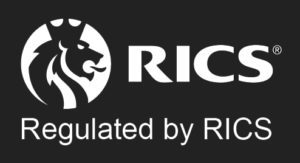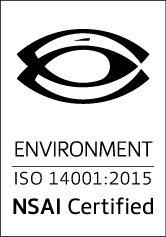How do we accommodate the office of the future?
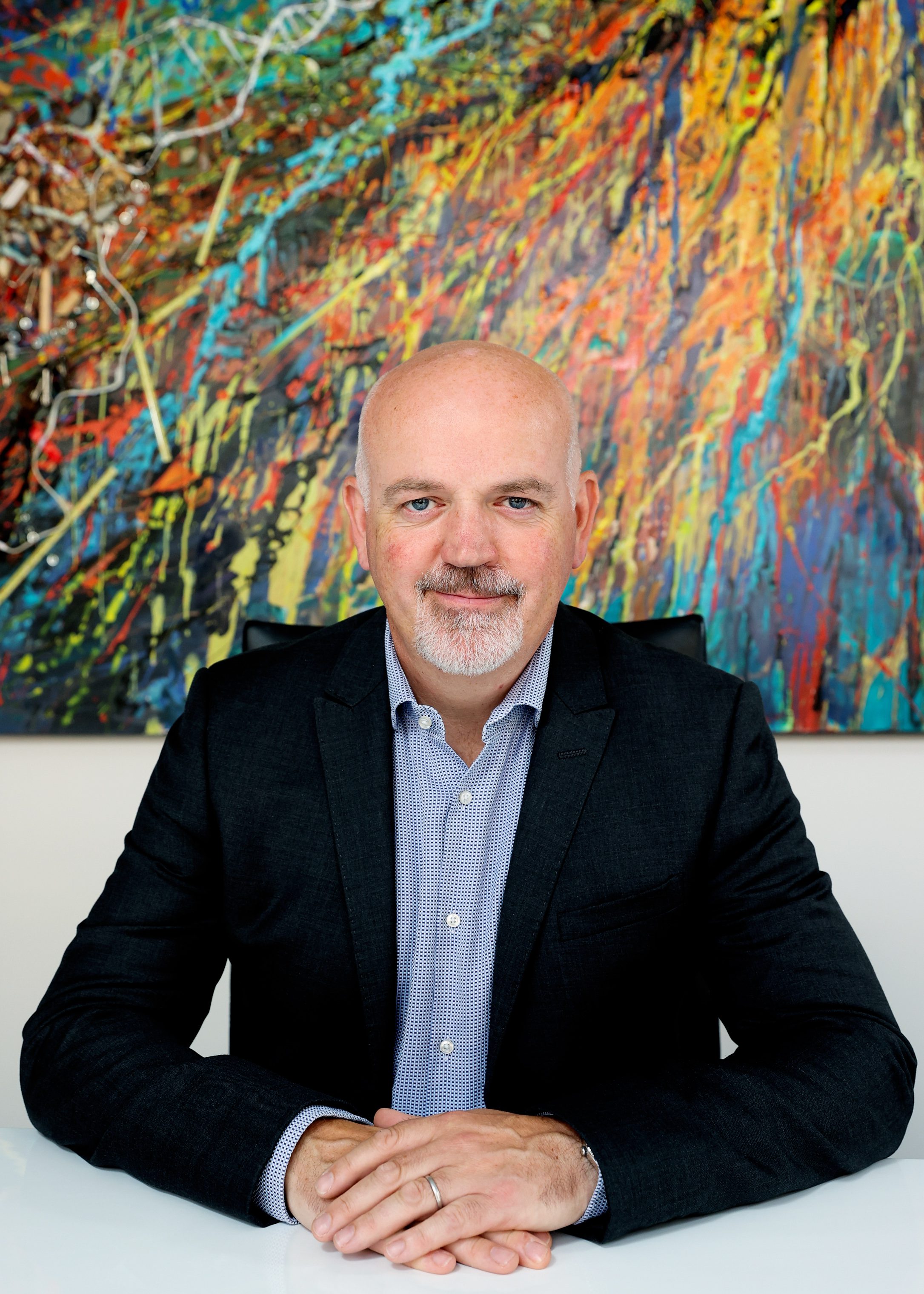 Covid-19 and Sustainability awareness are changing Ireland’s commercial property market
Covid-19 and Sustainability awareness are changing Ireland’s commercial property market
By Neil Bannon, Executive Chairman, Bannon
Opinion piece published in the Property Plus supplement, The Business Post, Sunday, July 25, 2021
The Commercial Property market will look very different in the coming years due to two game-changers – Covid and its permanent impact on the World of Work and the little-known but the highly important Environmental, Social and Governance (ESG) system that is the benchmark for assessing the environmental impact of real estate.
The Future of the Office – What’s Next?
The reality is that Covid has changed the world of work for both employers and employees. The office of Now and the Future needs to be accommodated in more sustainable, user friendly buildings, where wellbeing for its users is prioritised and consideration is given to how occupiers and users interact with and experience the building – both internally and externally. Also, we believe that, where possible, buildings should feel like an integral part of local communities and neighbourhoods and not appear “stand alone.”
In the past six months especially, we have noticed a spike in demand from clients who are talking to us about taking our market leading expertise in retail from such buildings as Dundrum Town Centre, Pavilions S.C. and The Square, Tallaght and applying those insights into new work environments. Unlike many players in the Irish market who are international, Bannon is a local business with deep roots here. We understand the “real world” 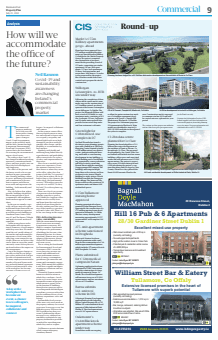 culture of the market and understand the importance of real estate delivering long term returns for our clients. However, we believe this can be done in a way that simultaneously creates better places to work and reduces the impact on the environment.
culture of the market and understand the importance of real estate delivering long term returns for our clients. However, we believe this can be done in a way that simultaneously creates better places to work and reduces the impact on the environment.
One of the biggest changes to the office is that it is no longer just a place with a desk but has become a destination in itself. To many employees now used to months of focused home working and with limited opportunities for social interaction, a day at the workplace has become an event, a chance to see colleagues, be inspired, collaborate and connect. In this context, smart offices that use digital sensors to monitor and respond to factors such as occupancy, air quality, natural light levels are in high demand as are those with sustainable office design, and the flexibility to accommodate Hybrid workers.
Last, but certainly not least, with health and wellbeing being linked directly to productivity and profitability, offices now need to be a place of safety and empowerment for users.
More focus is needed on the entire user experience. From the moment when someone leaves their house, to arriving at their office, what does that entire journey look like? Is it positive? Do they know where the local barber shop is; the chemist; the coffee shop, the fundamental services? When they enter the car park, is it well lit? Do they feel safe? Does their phone signal work? There are a lot of very personal experiences that impact whether your day is good or bad and I think that the corporate office market needs to really focus and learn from the retail sector which has been doing this for decades, in terms of making sure that every step of the journey is a positive step and a value add. That’s something we can change a lot in terms of the office.
ESG – delivering investor value, sustainably
With the environmental impact of real estate now increasingly important to investors, the ability to monitor, benchmark and improve the performance of buildings has become a fundamental objective for its clients. In Ireland, Bannon was an early adapter of the Investor-driven Global ESG Benchmark for the Real Estate Sector.
This is setting the benchmark for Environmental, Social, Governance (ESG) across the sector. Investors are now concerned with additional real estate performance metrics, such as energy consumption, greenhouse gas emissions and tenant and community engagement. With annual data updates, it will have a significant impact on property valuations and sustainability.
Ultimately, Bannon matches businesses with locations from which they can thrive. Our objective is to create longer term sustainable returns in property which means a greater focus on the function of buildings through active property and asset management and intelligent consultancy services rather than just the traditional focus of our industry Acquisitions, Sales and Lettings.
Sustainability has been one of the most over-used words in the property industry for several years now. It was easy to say but difficult to prove. What recent ESG legislation has done is create the platform that allows investors to see validated sustainability credentials for any property within their portfolio or indeed for something new which they wish to acquire.
Article by The Sunday Business Post

